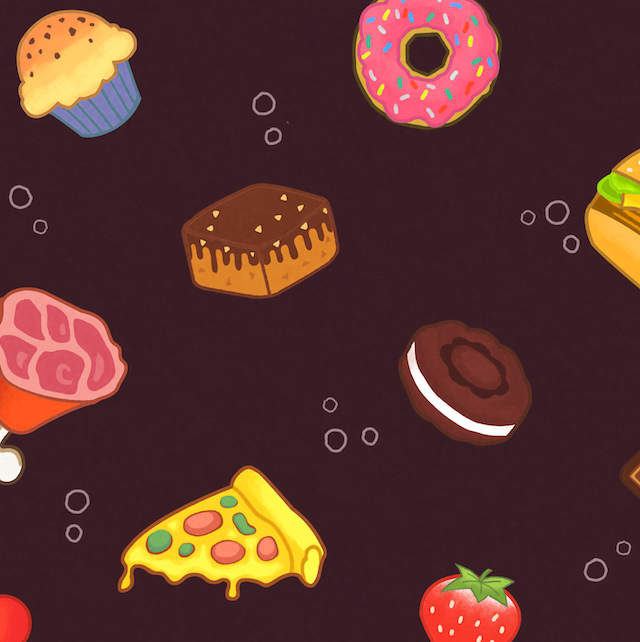Will An Apple A Day – Along With Checkups – Help Keep Tooth Decay Away?
Eating may be a necessity, but when it comes to your teeth and gums, all that munching also can lead to quite a battle raging in your mouth.
Some of those foods – especially the sugary and starchy ones – act like invading forces, feeding the bacteria that cause tooth decay and gum disease, even as the saliva in your mouth fights back as best it can, trying to ward off the detrimental effects of the acids and enzymes.
“Tooth decay can be a problem for people of all ages – children, teenagers and adults – and yet it’s completely avoidable,” says Dr. Seth Newman (www.asktheorthos.com), an orthodontist and co-author with Dr. Steve Giannoutsos of Giving It To You Straight: Everything You Ever Wanted To Know About Orthodontics But Were Afraid To Ask.
Newman and Giannoutsos say that there are plenty of ways that what’s in your diet affects not just your weight, but also your teeth and gums.
“Most people know that sugar and processed snacks can lead to tooth decay, even if they don’t always avoid those foods,” Giannoutsos says. “But there are other foods that also can be troublesome, and many people may not realize that.”
He and Newman provide a few tips for making sure your diet isn’t harmful to your oral health:
Watch out for bread – and chips. Chomp down on a candy bar and you might think to yourself that you better brush soon, lest the sugar go to work on your teeth before you can head it off. But the same thought might not occur to you when you’re eating breadsticks. Yet, foods that are high in carbohydrates and starches – such as bread, chips, pasta and crackers – contribute to the plaque acid that attacks tooth enamel.
Braces come with extra concerns. Beyond the usual dental care, there are additional dietary worries to consider when you have braces. People wearing braces should avoid foods that are too hard, sticky or chewy, Newman says, such as gum, nuts, corn chips, hard taco shells, hard candy and popcorn, just to name a few.
Develop good food-choice habits. When you’re grocery shopping, always check the nutrition labels. “Selecting snacks that are low in sugar can help combat tooth decay,” Giannoutsos says. “If poor nutrition continues, your oral health will decline, potentially resulting in gum disease and tooth loss.” Fruits and vegetables that are rich in fiber are a good choice for improving your oral health. Examples are apples, carrots and celery. In addition, milk, cheese and other dairy products are excellent options because of the calcium, phosphate and vitamin D they contain. Finally, drink fluoridated water as much as possible. If your tap water doesn’t include fluoride, check with your dentist for a fluoride supplement.
Ultimately, more is at stake than your teeth and gums. Left untreated, Giannoutsos and Newman say, oral-health problems can have a detrimental effect on your overall health, contributing to such conditions as heart disease and diabetes. That’s an additional reason why regular checkups – along with brushing and flossing – are so critical.
About Seth Newman, DDS
About Dr. Efstathios “Steve” Giannoutsos






